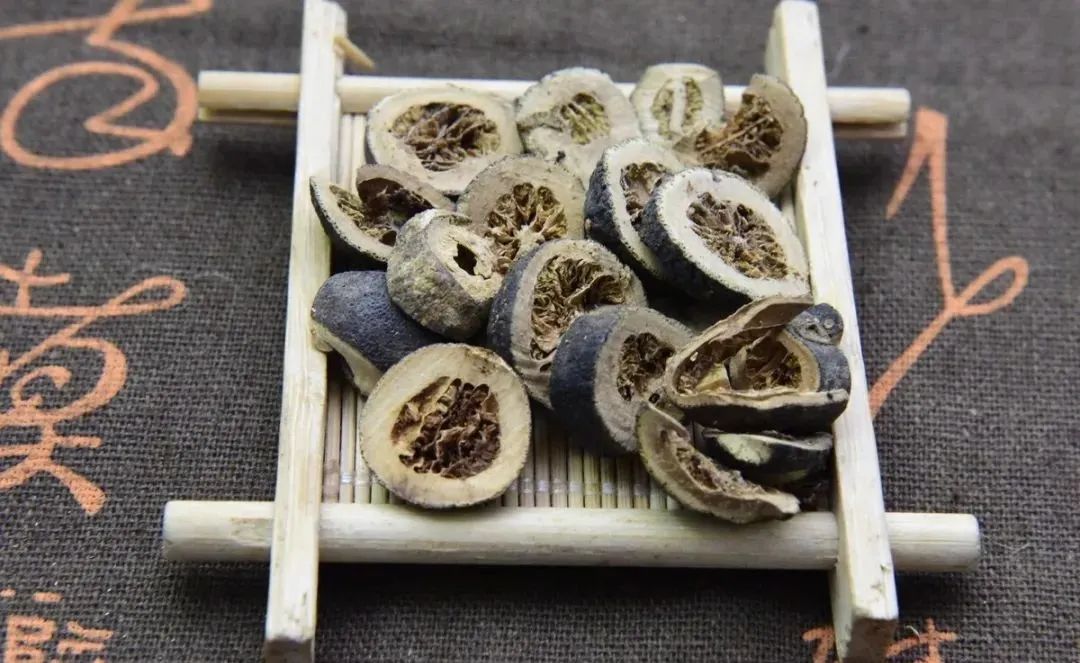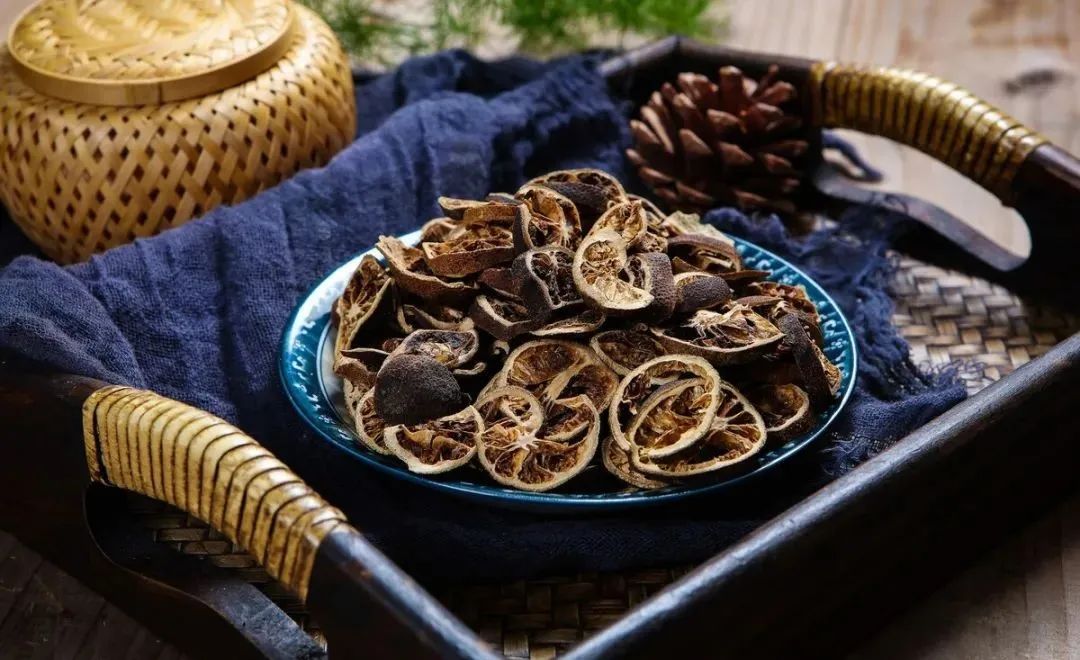Do you often feel bloated, especially after meals, with increased discomfort, frequent belching, and flatulence? These issues are classified in Traditional Chinese Medicine (TCM) as stagnation of Qi in the gastrointestinal tract. Sometimes, emotional stress can exacerbate this condition, leading to further bloating, as liver Qi invades the stomach, resulting in severe stagnation. Today, Dr. Ma will share a method to address this problem.

Why does Qi stagnation occur? TCM believes that Qi must flow smoothly; if it becomes obstructed, it leads to stagnation, particularly in the stomach and large intestine, which are part of the Six Fu Organs. The function of the Six Fu is to facilitate passage; they must remain unobstructed. Factors such as phlegm-dampness, improper diet, blood stasis, and liver Qi not being free can all lead to Qi stagnation, resulting in symptoms like bloating, pain, belching, flatulence, and even nausea and vomiting. So, how can we eliminate this Qi stagnation? Today, I will introduce a practical formula for reference that effectively alleviates Qi stagnation and bloating, consisting of Zhi Shi (Bitter Orange) and Qing Pi (Green Tangerine Peel). Let’s examine why this combination is effective in relieving Qi stagnation.
First, Zhi Shi is known for its pungent and bitter flavor, with a slightly cold nature, and it enters the spleen, stomach, and large intestine meridians. The primary action of Zhi Shi can be summarized as “breaking” – it can break Qi stagnation, eliminate accumulation, and transform phlegm to relieve fullness. It is a key herb for treating Qi stagnation, applicable not only for food stagnation but also for phlegm obstructing the Qi mechanism, addressing various issues such as stomach bloating, abdominal distension, belching, and flatulence.

From the book Yu Jiu Yao Jie: “Zhi Shi is sour and bitter, acting swiftly to break stagnation and relieve fullness, eliminate phlegm and fluid retention, and transform hardened food accumulations. It clears away stagnation and is powerful against all corrupt and obstructive substances; nothing else can achieve this.” From Lei Gong Pao Zhi Yao Xing Jie: “Its nature is fierce, capable of breaking through walls; those with weak Qi should avoid it.”
Next, Qing Pi is less known, but many are familiar with Chen Pi (Dried Tangerine Peel), which also has Qi-regulating properties. Qing Pi can regulate Qi and is even more potent than Chen Pi. Qing Pi has a bitter and pungent flavor, with a warm nature, and it disperses liver Qi, breaks Qi stagnation, and resolves accumulation. It enters the stomach meridian and has a strong effect on dissipating accumulations, useful for food stagnation manifesting as stomach fullness, abdominal pain, belching, and flatulence. For Qi stagnation with blood stasis, combining it with blood-activating herbs enhances its effectiveness. Qing Pi also enters the liver and gallbladder meridians, effectively soothing the liver and relieving depression, making it beneficial for rib-side pain and chest and abdominal fullness caused by liver Qi stagnation. Its warming and dispersing nature, along with its strong ability to break Qi stagnation, especially when processed with vinegar, can significantly improve symptoms like rib pain, liver Qi invading the stomach, stomach pain with acid reflux, and abdominal bloating and pain.

From Lei Gong Pao Zhi Yao Xing Jie: Qing Pi is bitter and sour, warm, and non-toxic, entering the liver and spleen meridians. It primarily breaks Qi stagnation, and the more it is used, the more effective it becomes. It reduces hard accumulations, and the more it is used, the better the results. It guides other herbs to the Jue Yin region, helping to digest food and eliminate heat and stagnation.
In summary, the combination of Zhi Shi and Qing Pi effectively breaks Qi stagnation and relieves bloating, transforms stasis, and eliminates accumulation. It not only regulates Qi but also reduces phlegm-dampness and alleviates food stagnation, making it beneficial for various symptoms such as stomach bloating, abdominal distension, post-meal fullness, loss of appetite, frequent belching, flatulence, and abdominal pain. If you experience any of these issues, consider saving this information for reference and consult with a physician for diagnosis. Feel free to leave questions; Dr. Ma will respond when available.

